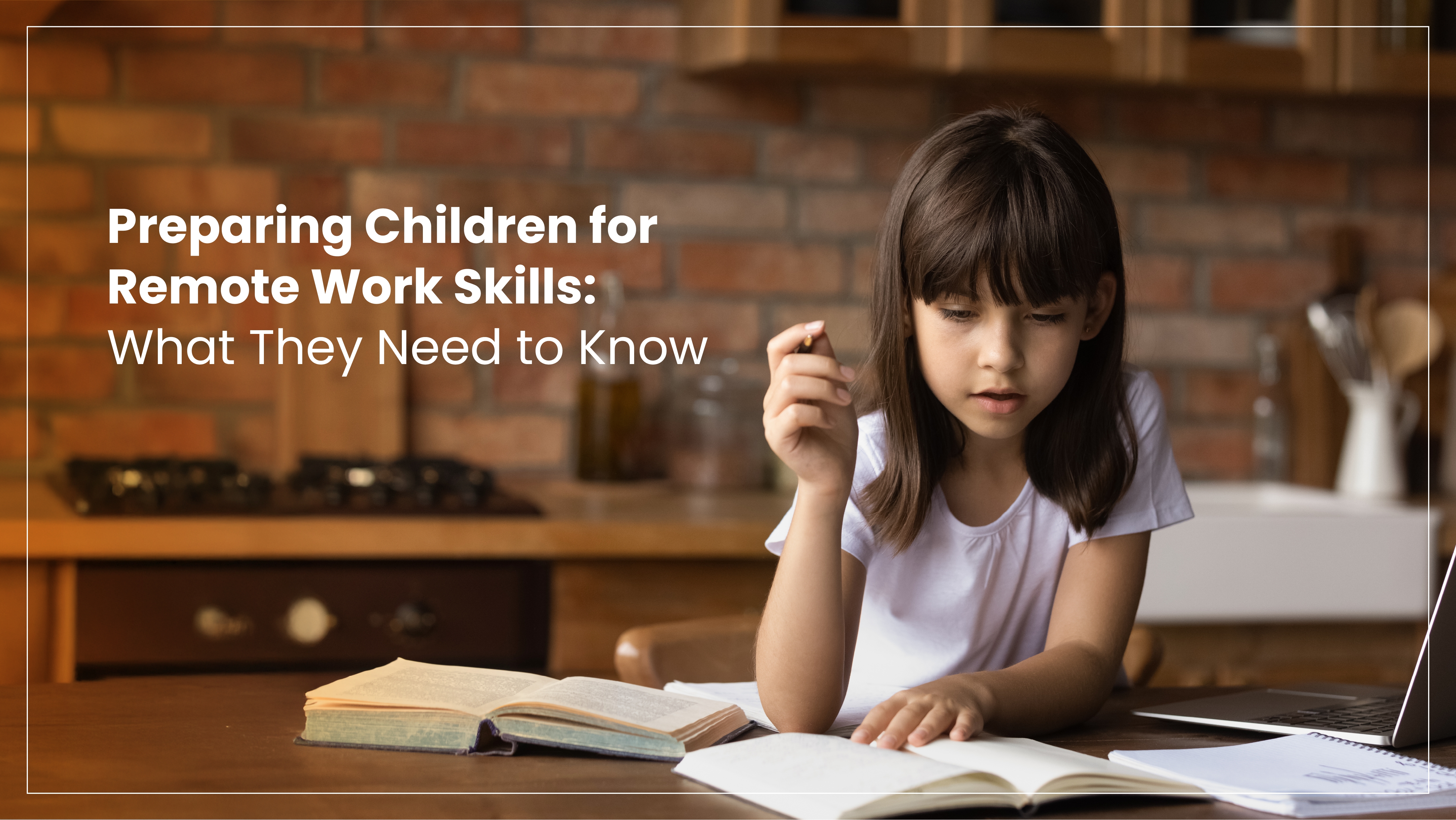At Narayana, the focus remains on equipping students aged 10 to 18 years with essential skills to thrive in a rapidly evolving world. Tailored programmes integrate time management techniques and collaborative projects, ensuring these young learners are future-ready. By seamlessly blending technology with learning and emphasising discipline and adaptability, Narayana prepares students to excel in remote work and other modern challenges. Through the innovative nlearn programme, students can address doubts via video calls with their subject teachers, ensuring real-time clarity and support. This approach fosters confidence and readiness, empowering students to tackle the demands of the digital age effectively.
Here are four innovative ways parents can help their child develop remote work skills and thrive in the digital workspace:
1. Mastering Digital Communication – Remote work relies heavily on effective digital communication. Children must learn to use tools like emails, video conferencing platforms, and collaborative apps to convey ideas clearly. Encouraging children to participate in online group activities or presentations helps them refine their written and verbal communication.
2. Developing Time Management Skills – One of the biggest challenges is managing time effectively. Without the structure of a physical workplace, children need to plan their tasks, set priorities, and adhere to deadlines. At home, parents can guide children to establish routines that balance academic responsibilities, personal time, and rest, fostering habits that enhance productivity.
3. Cultivating Self-Discipline -Remote work requires a high degree of self-discipline to stay focused without constant supervision. Children should learn how to avoid distractions, whether they stem from social media or household activities. Setting short-term goals and celebrating small achievements can keep them motivated. Parents can work together to create environments that encourage independence and accountability, ensuring children remain committed to their tasks.
4. Encouraging Collaboration in Virtual Environments – Collaboration in remote settings is often challenging, as it requires teamwork across digital platforms. Children must develop skills like active listening, empathy, and adaptability to work effectively with peers in a virtual space. Involving children in group projects, both academic and extracurricular, helps them practice these skills while familiarising themselves with collaborative tools like shared documents and messaging apps.
Preparing Students for the Future
At Narayana, the focus remains on equipping students with essential skills to thrive in a rapidly evolving world. Tailored programmes integrate time management techniques and collaborative projects, ensuring children are future-ready. Narayana prepares students to excel in remote work and other modern challenges by seamlessly blending technology with learning and emphasising discipline and adaptability. Through the innovative nlearn programme, students can address doubts via video calls with their subject teachers, ensuring real-time clarity and support. This approach fosters confidence and readiness, empowering students to tackle the demands of the digital age effectively.
Conclusion
Preparing children for remote work goes beyond academics—it involves fostering essential skills like self-discipline, time management, and virtual collaboration. With these tools, children can confidently navigate the demands of a digital work environment. At Narayana, we aim to make students future-ready, equipping them to handle any situation and thrive because, at Narayana, your dreams are our dreams.
